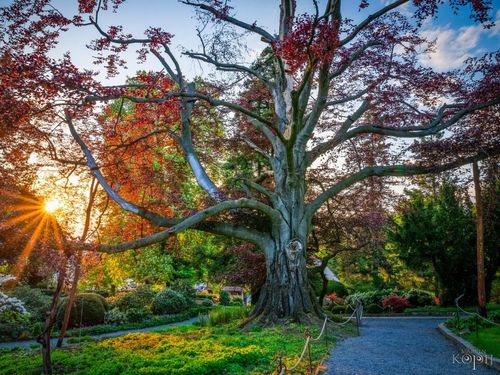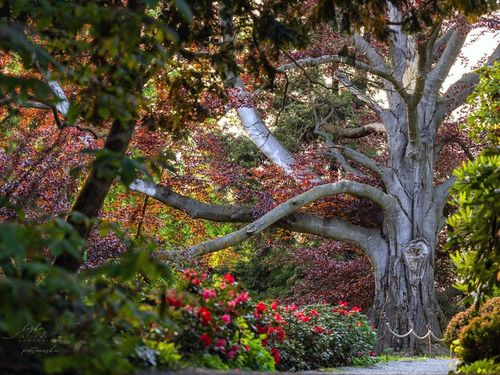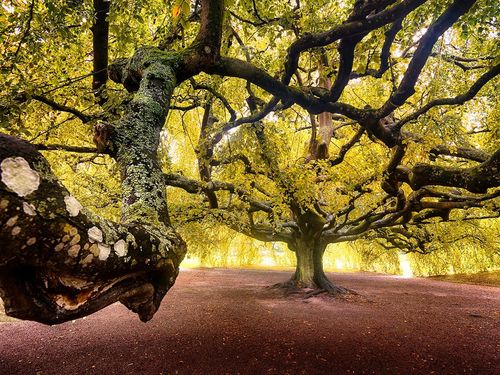Desolate Slopes in Slovakia
4/10/2018 | Alana Fiero
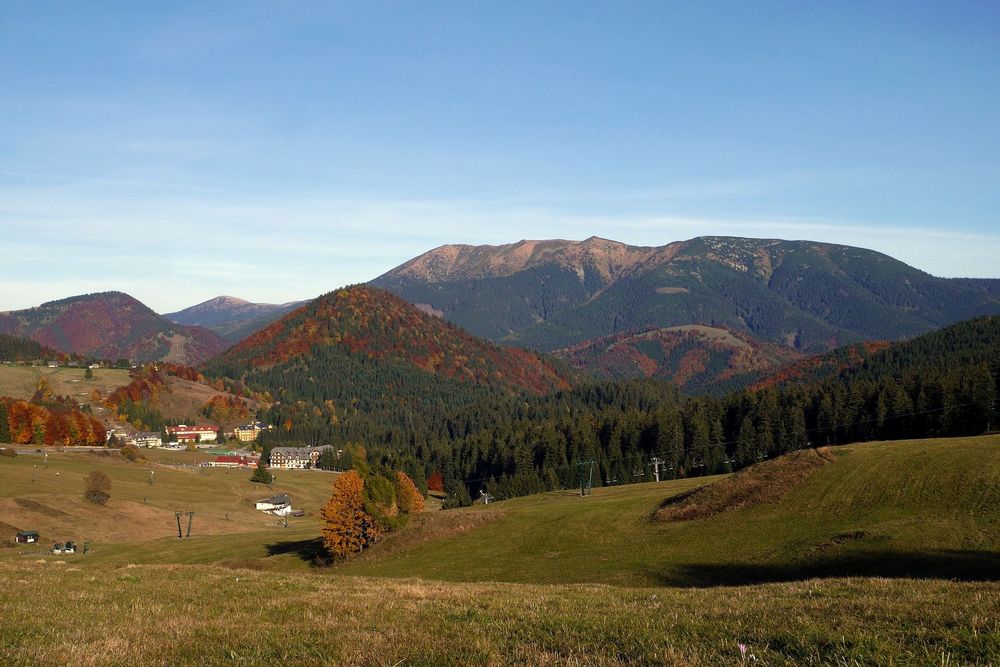
Slovakia is known for being a heavily forested country, but increased logging activities are turning lush woodlands into desolate slopes. Foresters claim that this is not the case, but areas such as Muránska Planina, the Low Tatras, and Kráľova Hoľa are being razed to the ground. Grassroots movements such as “My Sme Les” have emerged to protest the destruction.
In Muránska Planina, trails intended for park visitors are muddied and beaten up by logging machinery; fewer root systems in the soil are leading to increased erosion and subsequent flooding in the area. The most noticeable devastation can be seen in the Low Tatras and Kráľova Hoľa.
Foresters justify this by saying that forests are actually growing in Slovakia. During “calamities”, or events where trees fall due to some natural disaster, foresters reduce logging activities and process wood from the trees that have fallen on their own. A spokesman from the Environment Ministry explains that the loss of forest in national parks is due to planned wood logging in tandem with calamity wood processing. The fact that logging is allowed in national parks, or areas that should be protected from commercial interests, is problematic.
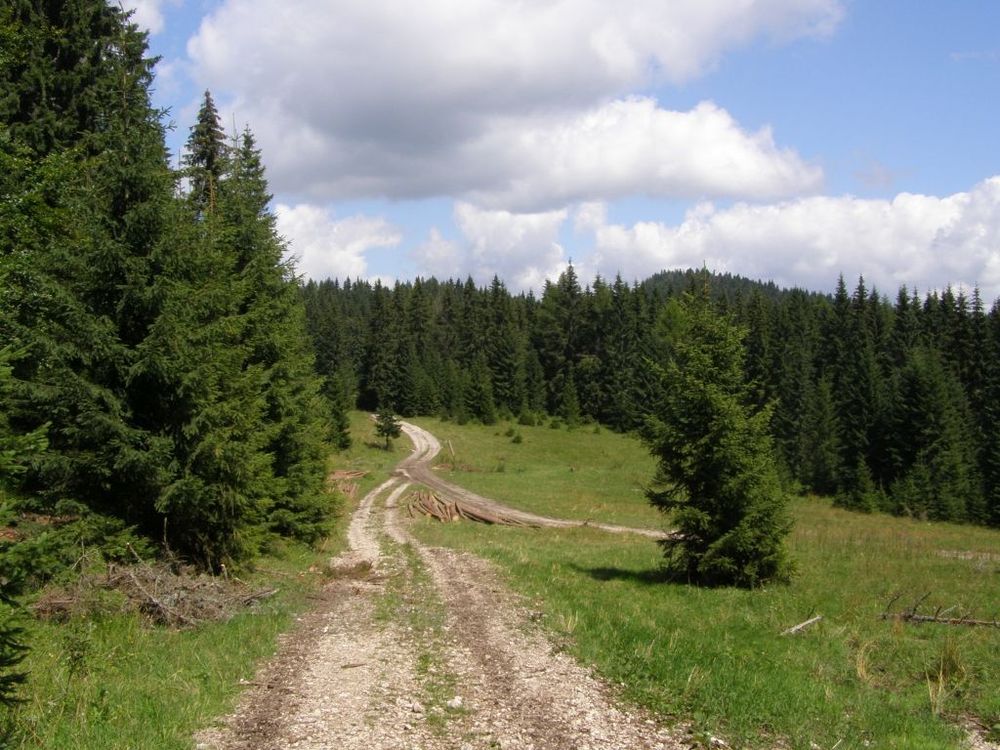
Another issue is the infestation of the bark beetle, which foresters use as an excuse to cut down healthy trees. Environmentalists disagree with the practice, insisting that mature trees in protected areas are being felled in the name of a losing battle against the beetles. It is said that the beetles only infest a small percentage of trees, so the precautionary tree chopping is unnecessary.
Local citizens abhor the excessive logging, starting grassroots movements to demand change. One of the more notable efforts is called “My Sme Les” (“We Are Forest”). The group has created a video to show the devastation, noting that “the amount of trees cut down in forests and national parks has increased by 75% [since 1990]”. The website also features a list of “Ten Commandments for the Forest”, including a call to ban timber harvesting in protected areas and to leave at least 5% of the area untouched by humans.
Share
